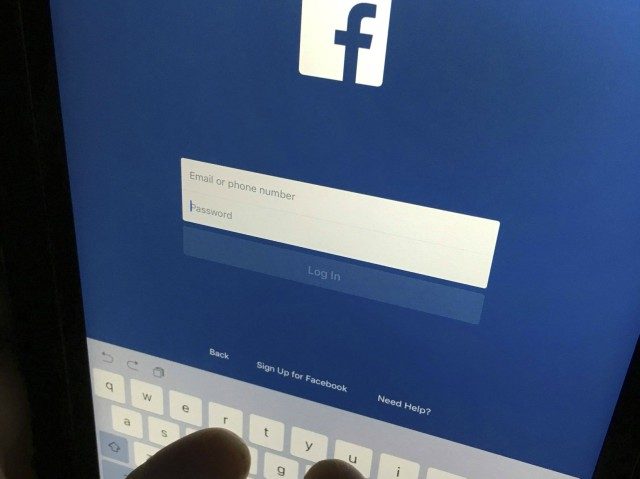Facebook announced on Tuesday that it has deleted some 270 accounts linked to the Internet Research Agency (IRA), an operation located in St. Petersburg, Russia, that special counsel Robert Mueller’s office identified as part of Russia’s operation to disrupt the 2016 U.S. presidential election.
The Kremlin denounced Facebook’s action on Thursday as the unfair censorship of Russian media.
“This Russian agency has repeatedly acted deceptively and tried to manipulate people in the US, Europe, and Russia—and we don’t want them on Facebook anywhere in the world,” Facebook CEO Mark Zuckerberg declared in a post on Tuesday.
The IRA has been described in the vernacular of the Internet as a “troll farm” or “troll factory,” an organized and centrally directed group that manipulates public opinion by manufacturing social media posts. The deleted accounts included 138 Facebook pages, 70 Facebook profiles, and 65 Instagram accounts.
Zuckerberg said Facebook’s investigation determined that the Internet Research Agency “set up a network of hundreds of fake accounts to spread divisive content and interfere in the U.S. presidential election.” He said the new set of accounts deleted by Facebook were intended to “manipulate people in Russia itself,” as well as Russian-speaking populations in adjacent countries like Azerbaijan and Ukraine.
Zuckerberg clarified that some of the accounts deleted were not “fake” as the term is traditionally understood, but they were removed because they were associated with the IRA troll farm, and Facebook’s goal is to eliminate it completely.
“Some of the pages we removed belong to Russian news organizations that we determined were controlled by the IRA. About one million people followed at least one of their Facebook pages and about 500,000 followed at least one of their Instagram accounts,” he wrote.
After the announcement, CNN criticized Facebook for not acting sooner, as some of the freshly banned accounts were linked to the Internet Research Agency by a House Intelligence Committee report released in November.
Facebook responded to the effect that it knew about the suspicious accounts for some time, but was holding off on banning them until a large number of them could be deleted at once, to avoid “tipping off the troll group and giving it a chance to obscure its connection to other accounts it might be running,” in CNN’s words.
In a conference call on Thursday, a reporter from one of the Russian media organizations that saw its content removed from Facebook asked Kremlin spokesman Dmitry Peskov if the Russian government saw the banning as an act of hostility and censorship.
“Yes, it is,” Peskov replied. “We are of course following this and regret it.”
Russian Foreign Ministry spokeswoman Maria Zakharova made the same point more forcefully at a press conference in Moscow.
“It is clear that this is part of the anti-Russian campaign in which the media landscape is being cleansed of alternative sources of information, under the pretext of Russian interference in the 2016 election. It is odd that a company that celebrates openness is resorting to totalitarian methods of control and censorship on the basis of dubious criteria,” she said.
Zakharova added that Facebook is “in a difficult position and is being pressured to show loyalty to the U.S. political establishment.”

COMMENTS
Please let us know if you're having issues with commenting.